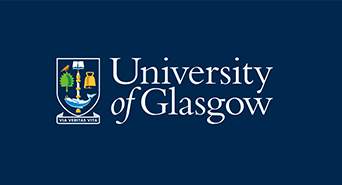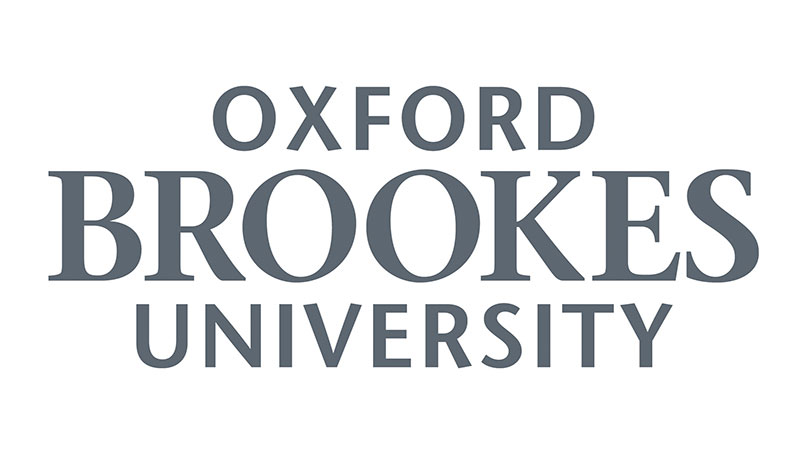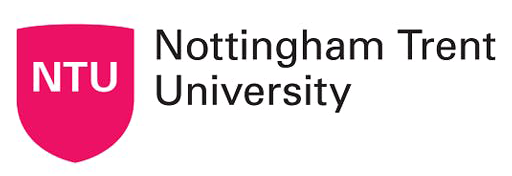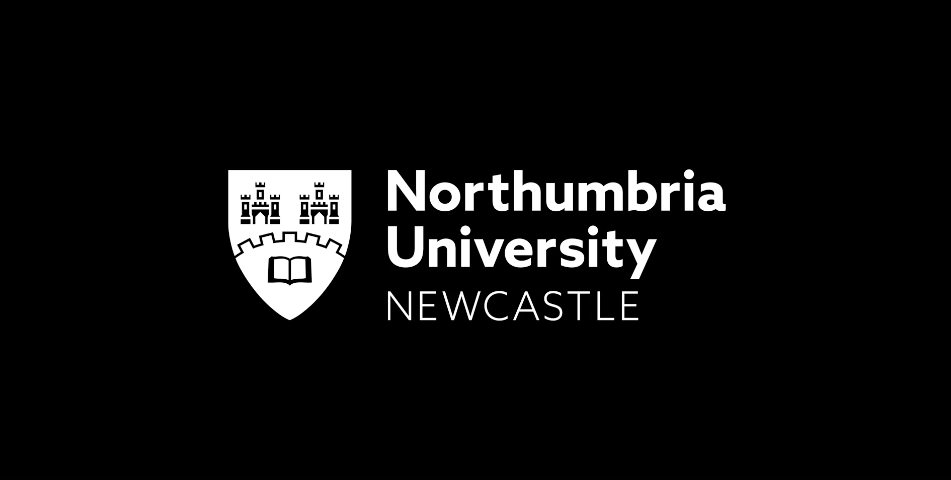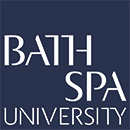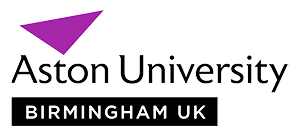Planning Your Placement Year – 5 Key Questions to Consider
Many things in life come round surprisingly quickly; end of year exams, Christmas, the new series of the X Factor and most certainly if your degree includes a placement year, the point where you need to start planning it.
If you’re starting your second year at university, with your placement year on the not too distant horizon, then you need to be thinking about arranging it now.
The amount of support and information given to you from your university can vary hugely so we’ve flagged up some of the most important questions to start thinking about here.
1. When should you start applying for placements?
The simple and short answer here, is, as far in advance as you can! Whether you apply independently or through an agency it’s better to start early because:
- It will take the pressure off during exam time later in the year.
- You have time to arrange other options if initial plans fall through.
- You have longer to save money if necessary.
- Universities prefer to sign all the paperwork in advance.
- If you’re heading overseas it gives enough time to arrange your visa or work permit and complete any other required preparations.
I’d therefore recommend that during your first six weeks back at university it’s a good idea to find out what your university or specific course will be offering in terms of helping you to plan your placement year. Also start work on compiling or updating your CV, which you’ll need once you start completing applications.
Don’t forget to make sure it looks professional and is carefully checked for mistakes.
2. Should you apply directly to businesses or use an agency?
This is definitely a vital point to decide early on, so you can continue with the rest of your preparations.
Advantages of applying directly to businesses:
- It gives you good experience of completing corporate application forms and often getting used to rejection!
- It gives you valuable experience of attending face-to-face interviews and selection days- can be cheaper, by saving you costs like an administration fee, although do factor in costs like travelling to interviews.
Advantages of using an agency:
- Saves you time; apply to one agency instead of many individual businesses.
- You are likely to get additional support during your placement. This is especially important if you choose a placement overseas
- If you go overseas you will also receive specific advice on essentials like insurance, visas and opening a foreign bank account
- They can provide a safety net of back-up options if your original placement doesn’t work out
- It is often possible to arrange placements at shorter notice because the agency will have close contacts with many businesses and know which have suitable vacancies.
3. If you do decide to use an agency, what should you check?
- Do they charge a fee?
- Is it clear what you get in return?
- Do they provide support all the way through the process or just get you the initial job application?
- Do they specialise in one field or do they offer a wide range of types of placement?
- Check their track record
- Do they have good reviews or testimonials from previous students?
- Can you call them in an emergency and/or for advice?
- Do they have their own staff in the UK and overseas or is everything online and handled remotely?
- Are they approved by your university?
- Will they help with all the documents your university requires?
4. Should you stay in your home country or work overseas?
This is another key decision to make as early as possible.
Advantages of staying in your home country:
- Avoids the cost of flights / visas / travel insurance and the time taken to arrange them.
- You may end up working at a business that offers you a role after graduation which is then easy to take up.
- Easier to keep in touch with friends and family.
- If you’re applying directly to businesses it can be easier to communicate with them.
Advantages of going overseas:
- You will often be offered the chance to learn or improve upon a language, which can be a huge boost to future employment prospects.
- Combines gaining work experience with exciting travel opportunities to some amazing places.
- Make lifelong friends with local people and other foreign interns at the same placement.
- Make fantastic contacts for future employability, which can lead to jobs in other countries (or your home country) after graduating.
- Cultural exchange – develop your awareness of another culture and use your skills where they can really make a difference
- While the financial cost of getting there might be higher (when you factor in flights, a visa, insurance), you’ll often have much lower living costs, free accommodation and food, and other benefits so your overall financial position after 6-12 months is often similar.
5. Should you split your placement year between two different jobs or focus on one?
Advantages of splitting your time:
- Gain experience in 2 different companies (obviously!).
- Learn about and compare different corporate cultures.
- Make more contacts for the future.
- Have experiences in 2 potentially different types of work to help decide which direction you’d like to follow.
- If the placement isn’t how you expected then you’re not committed to it for the whole year.
Advantages of focusing on one role:
- Time flies and companies often give more responsibilities to interns who stay longer.
- Get a more thorough understanding of your placement company.
- More opportunities for rotations around different departments.
- Make a bigger impression on your colleagues, this can often mean you’re more likely to be offered employment after your placement
- You will spend less time arranging just one option.
The above points should give you plenty to think about and I hope a useful framework to start narrowing down the options for planning your placement year. Once you’ve decided on the direction that your placement year will take it’s time to start applying!
How do I apply?
It's easy and quick!
Complete our short application form including uploading your CV and Cover Letter. Please clearly state in your Cover Letter which destination and type of placement you are interested in.
Got more questions? Send us a message!
Working in partnership with universities, prestigious global hotel brands and many other businesses.


